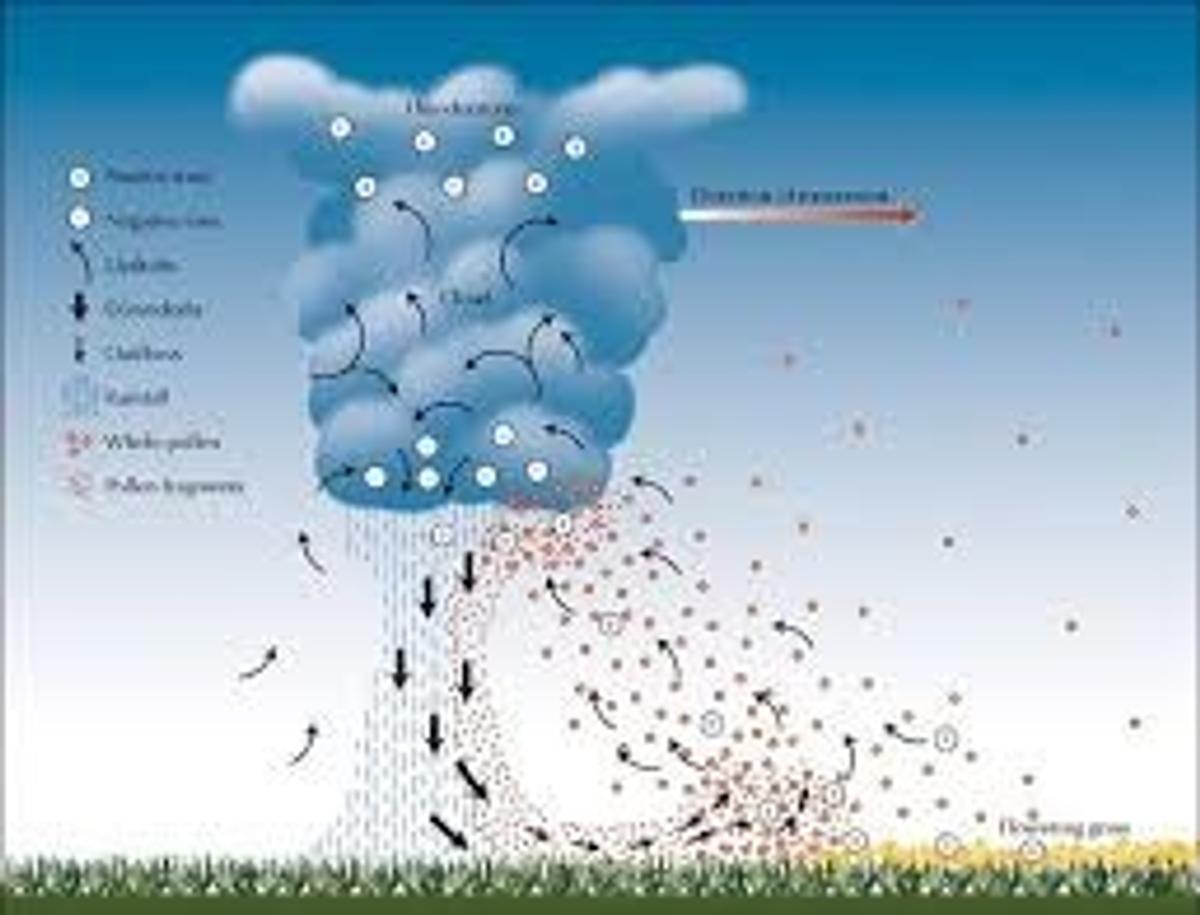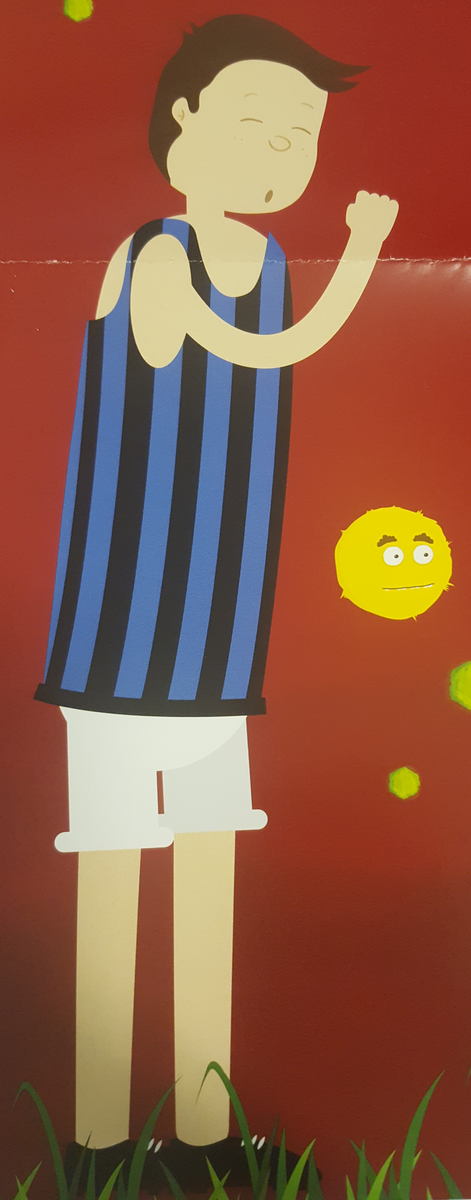From the Sick Bay

SICK BAY REMINDER- EXPIRED MEDICAL PLANS AND MEDICATION
Amanda is still waiting on many parents to update medical plans for their children.
Could you please make sure that your child has an up to date Anaphylaxis, Allergy and Asthma Action Plan, as soon as possible.
Likewise with expired medication that is left in the sick bay. Amanda cannot administer expired medication to any student.
If you received a letter from Amanda late last year stating that plans or medication was about to expire, please make sure you make this a high priority in replacing these in sick bay as soon you can.
IS YOUR CHILD WELL ENOUGH TO ATTEND SCHOOL
As we all know, attending school is important to all students, it is also good to know when your child should not attend school due to illness. This can be very difficult at times for parents to judge.
This is a reminder to parents why students should not attend the school environment while they are unwell.
As we are aiming to build resilience with all our students, we want them to learn to cope with minor health issues. We as a school have the responsibility to care for all students by preventing the spread of illness. In doing this we need students to stay at home when the following has occurred;
· If your child has vomited at home, please keep your child home from school for a full 24 hours from the last vomit. Many students are sent home again after coming to school due to vomiting in the classroom.
· If you need to administer Nurofen or Panadol to your child in the morning before school, then your child is not well enough for school. These drugs wear off around lunch time and the student starts to feel unwell again. These drugs camouflage underlining illnesses and the germs can still spread.
· If your child has a persistent, hard cough, this can disrupt other students in the classroom from learning with the sound of coughing and the teacher not being heard. If your child is coughing persistently, this will also tire your child and they will not be at their peak to learn.
Coughing can spread germs throughout the students and staff. Obviously, coughs can linger after having a cold and it is reasonable for a student to come back to school with the occasional cough.
· No student should be at school if they have had diarrhoea within the last 24 hours. Click on the link below from the Department of Health guidelines for the full fact sheet. http://www.health.vic.gov.au/edfactsheets/downloads/gastroenteritis-in-children.pdf
· If your child has a temperature, 24 hours needs to pass once the high temperature stops before returning to school.
· Please get your doctors approval before attending school again.
To help reduce the spread of illness, please take the time to discuss personal hygiene with your child. Please remind children to cover their mouth and nose when they cough or sneeze, dispose of any tissues in the bin, and wash their hands properly and regularly.
If your child has been prescribed antibiotics that are to be administered three times per day, these can be administered at home. The first dose can be administered between 7am – 8.30am, the following dose can be administered between 3.45pm – 4.30pm. Then the last dose can be given at 8pm or before bed.
Please be aware that the school is not allowed to provide Panadol to students.
If your child becomes unwell at school, you will be contacted and required to arrange for your child to be picked up within a reasonable timeframe. Whilst a child may feel better at home, if they come back to school too early, they will fall into a heap quickly due to going back into a busy classroom.
Thank you for supporting these procedures and helping to contain illnesses within our school community.
THUNDERSTORM ASTHMA
During the Summer / Spring seasons, people may notice an increase in asthma and hay fever due to a high grass pollen count. This also brings the chance of thunderstorm asthma.
Thunderstorm asthma is thought to be triggered by a unique combination of high grass pollen counts and a certain type of thunderstorm. This occurs when pollen grains from grasses get swept up in the wind and carried for long distances. Just before the storm, some burst open and release tiny particles that are concentrated in the wind, and blown down to ground, where people can breathe them in.
These thunderstorm asthma events don't happen every year, but when they do, they can happen during grass pollen season, which is normally from October through to February.
The Asthma First Aid app covers first aid in the event of an asthma emergency and provides information enabling you to review each of the four first aid steps in the training mode.
https://www.asthmaaustralia.org.au/sa/about-asthma/resources/onair/2017/august/asthma-first-aid-app
The Melbourne Pollen Count App provides real-world pollen count data during the Melbourne grass pollen season (October 1 to December 31)
http://www.melbournepollen.com.au/mobile-app/
What can you do to help your child manage their asthma or hay fever?
- Notify the school if your child has asthma or hay fever.
- Make sure you have given the school an up to date Asthma Action Plan or Allergic Rhinitis (hay fever) Treatment Plan for your child.
- Ensure your child has their reliever medication and spacer at school.
- Ensure prevention medication is taken at home as prescribed.
- Ensure your child has regular check-ups with your doctor.
- If asthma or hay fever gets worse during thunderstorms, try to stay indoors.
Need more help?
If you would like further support with managing your asthma during the high pollen season please ask your pharmacist, doctor or contact the Asthma Info Line on 1800 ASTHMA (1800 278 462) or visit www.asthmaaustralia.org.au
Amanda Daemen
First Aid Officer


